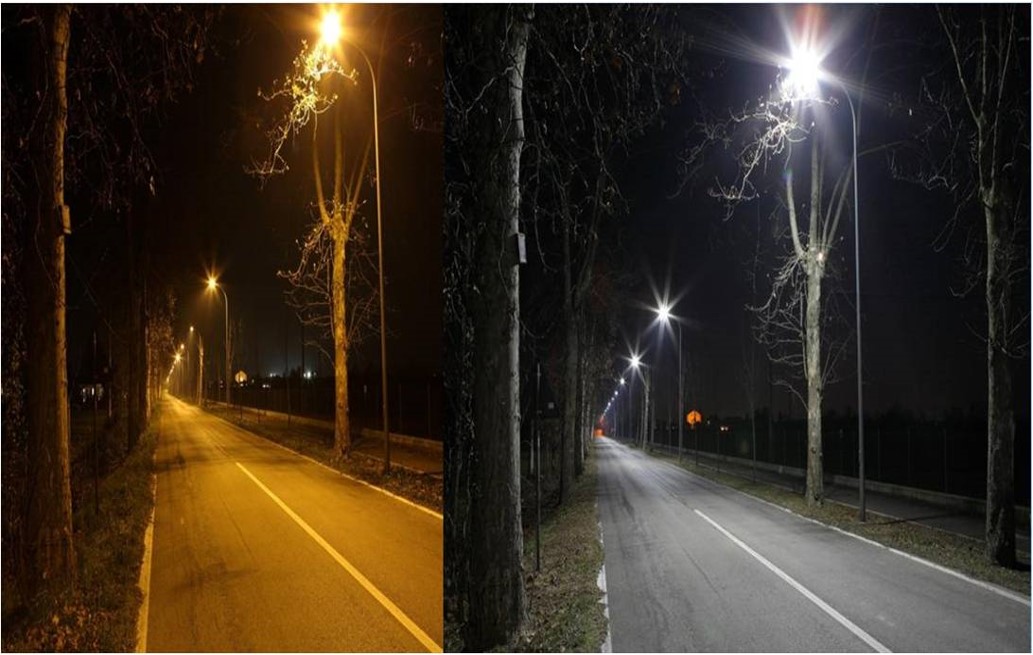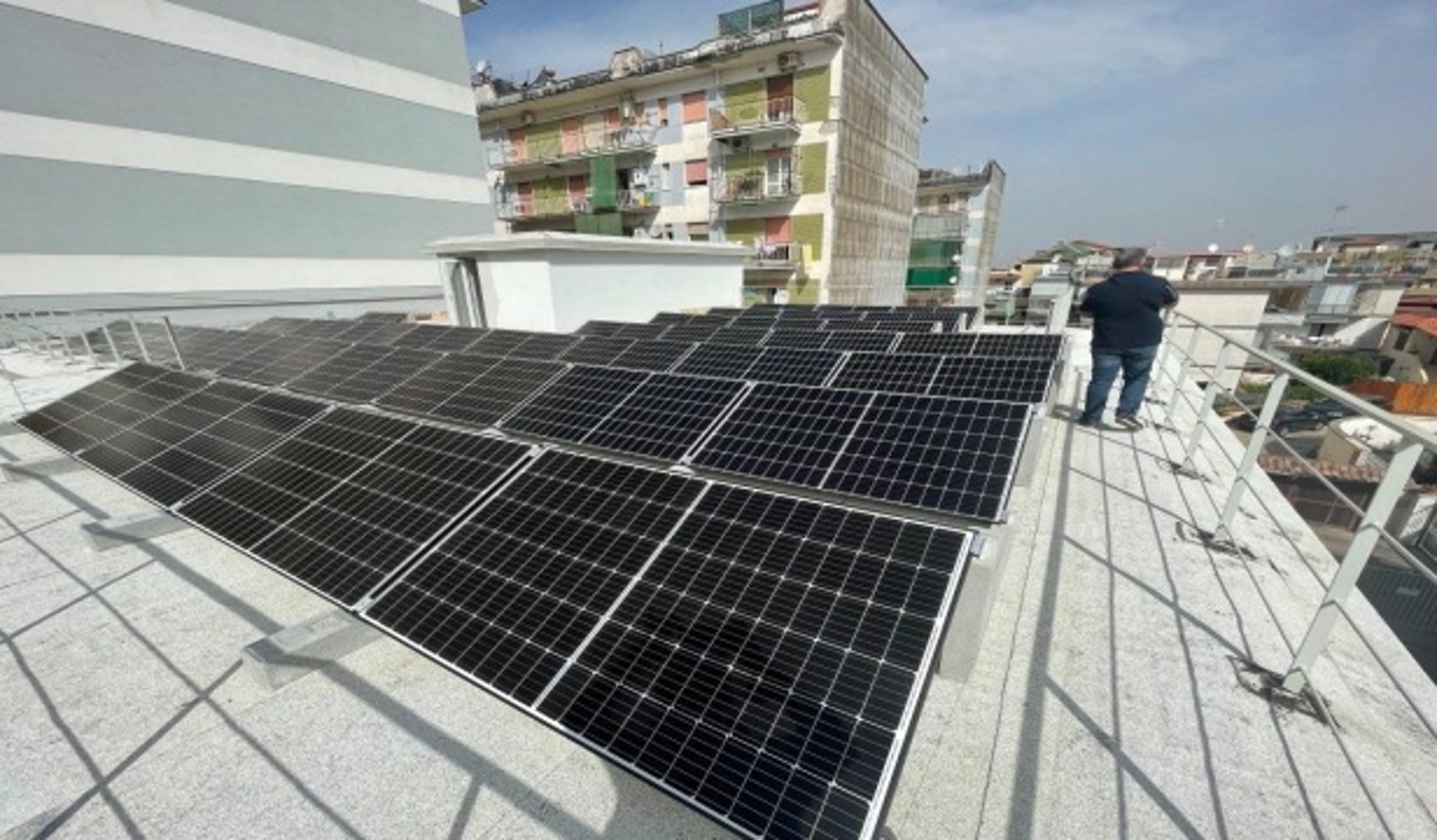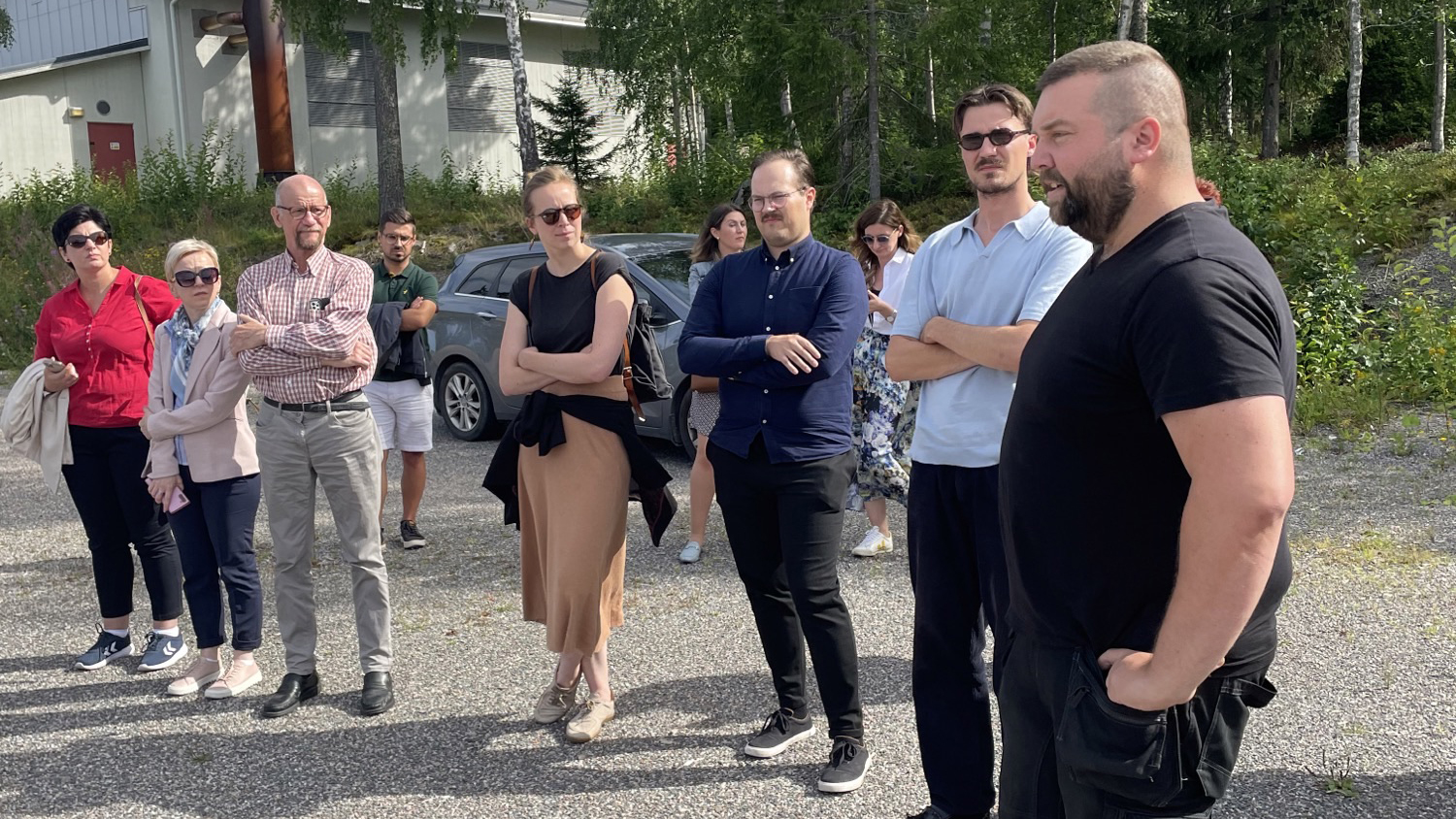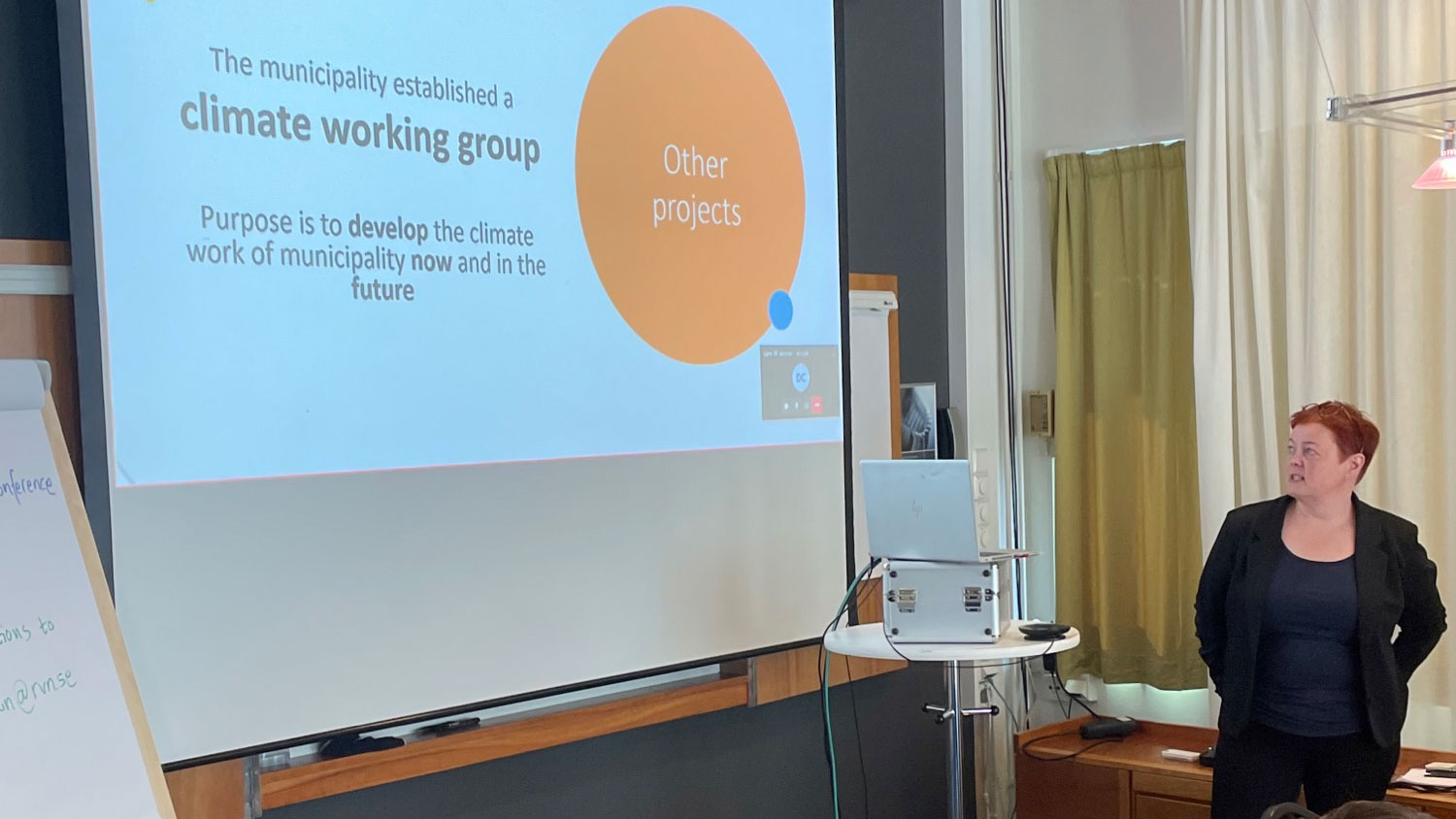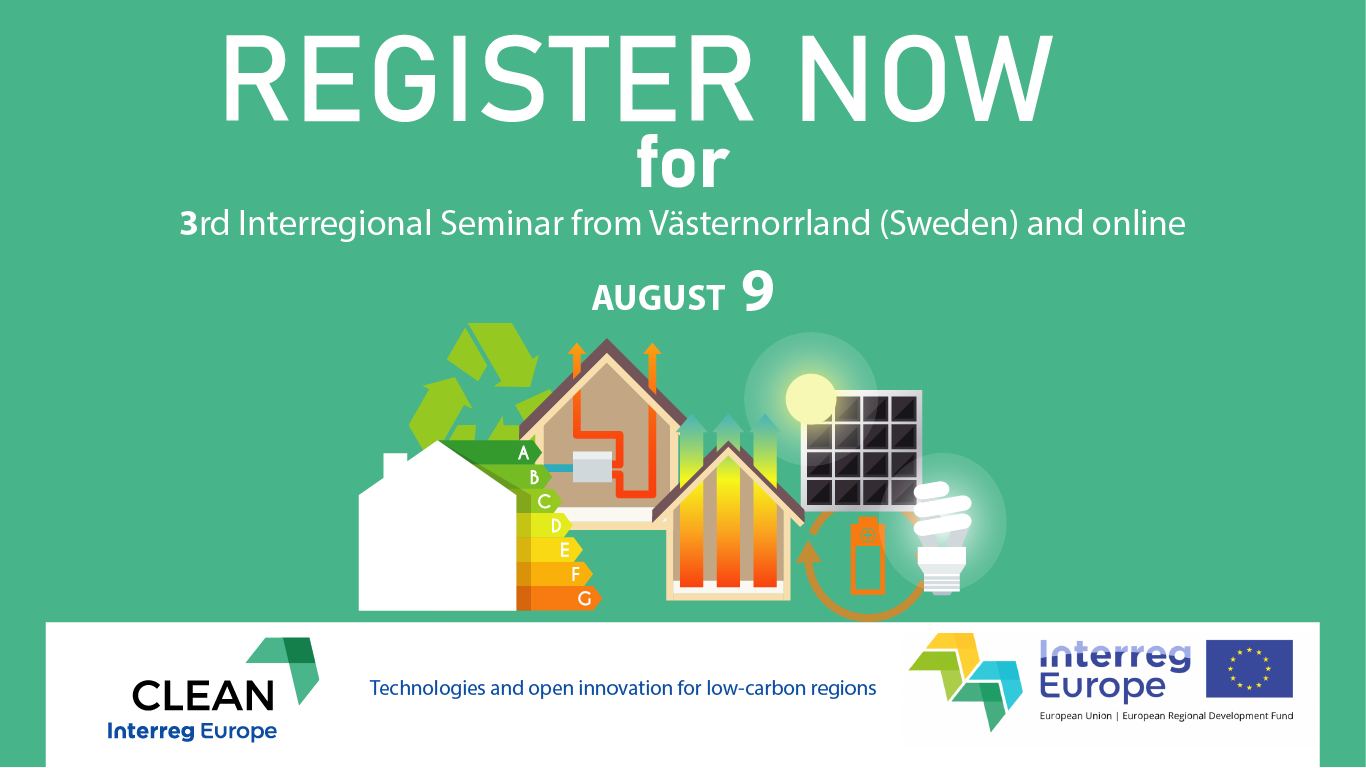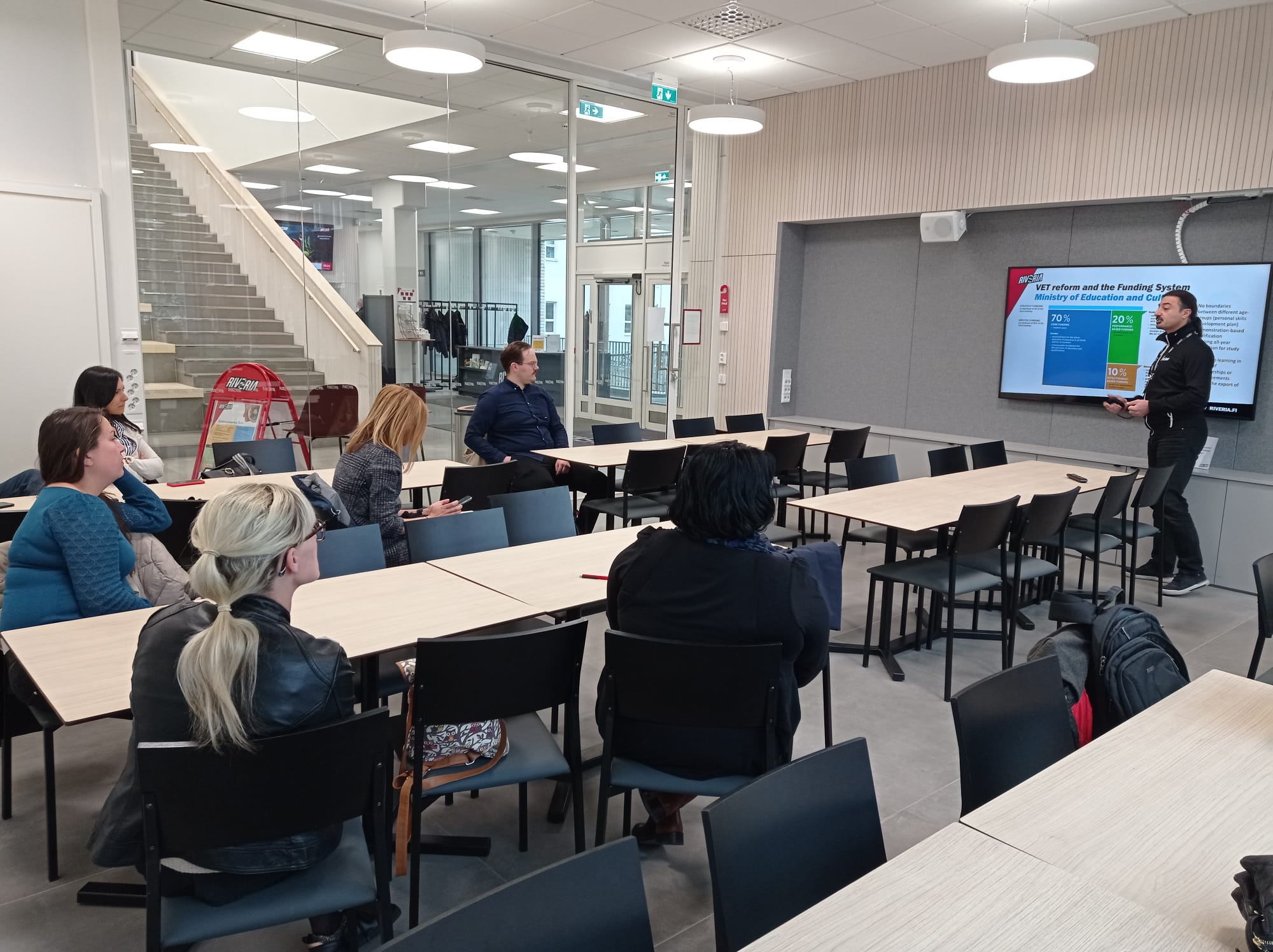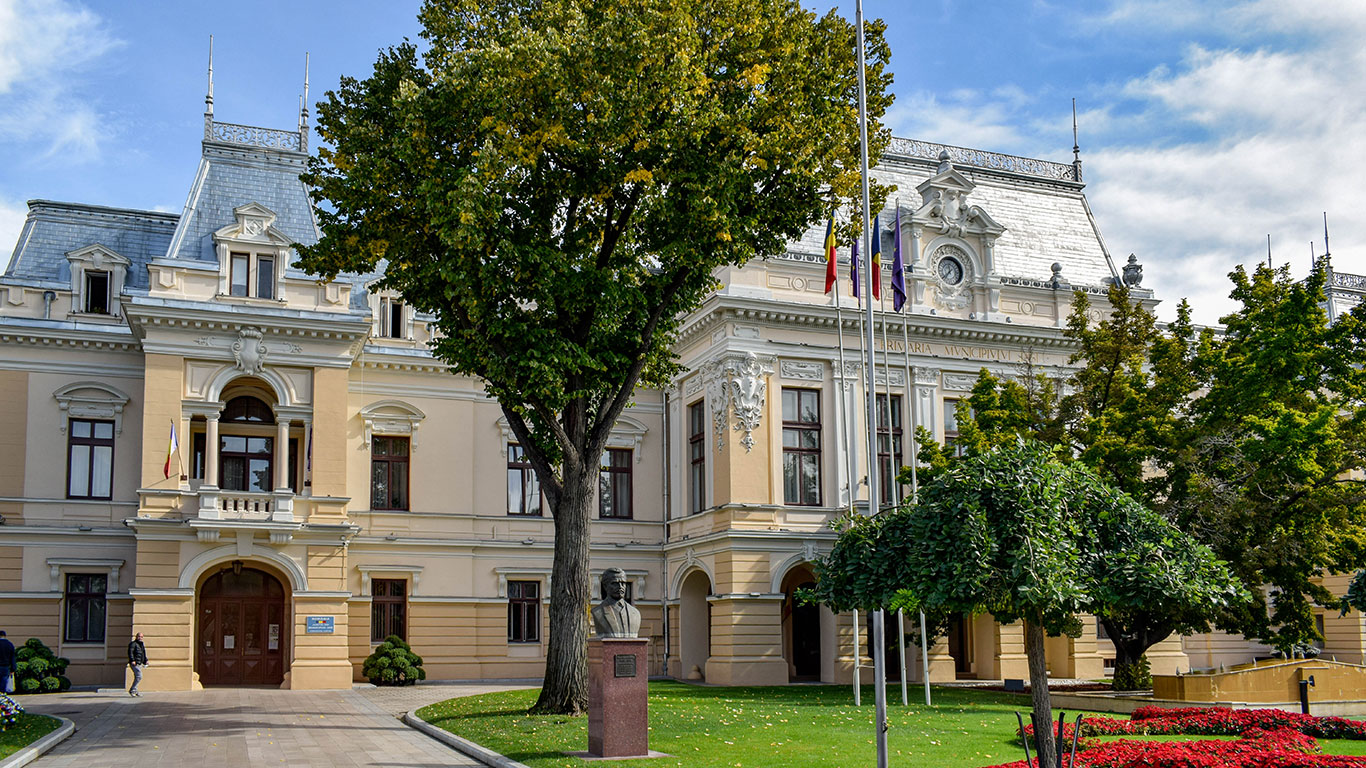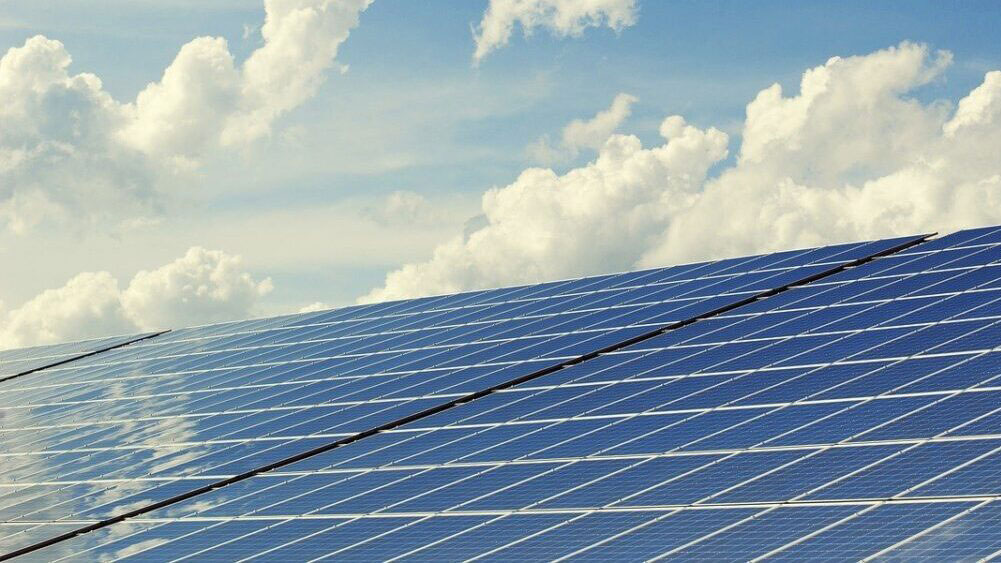Council Journal is the industry leader when it comes to reporting on local authorities throughout the whole of Ireland. The Journal covers the very latest in news on Irish county councils and provides government departments, local councils and related agencies.
The lead partner ERNACT, or European Regions Network for the Application of Communications Technology, is representing Donegal County Council (Ireland) in the CLEAN project.
Thank you Council Journal!




